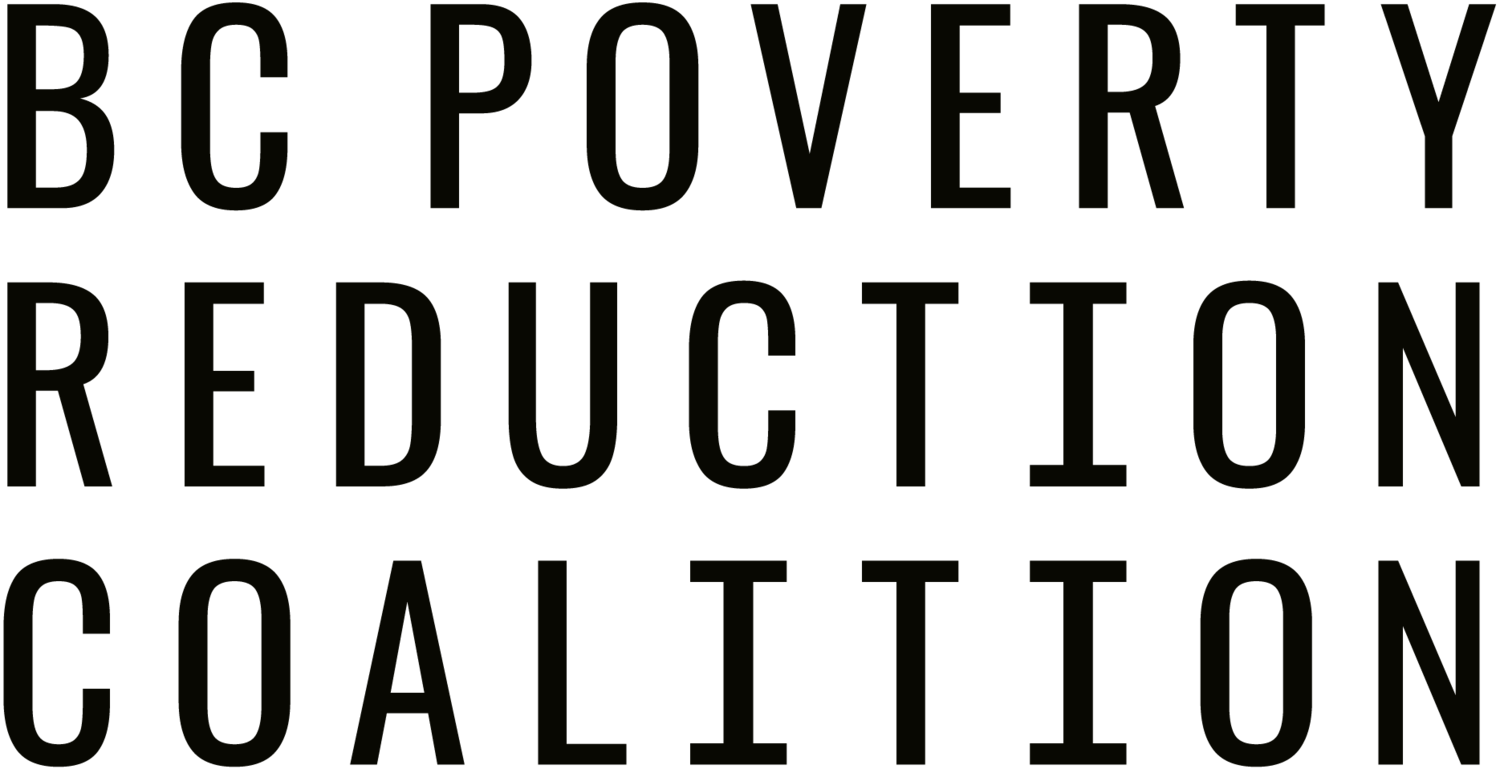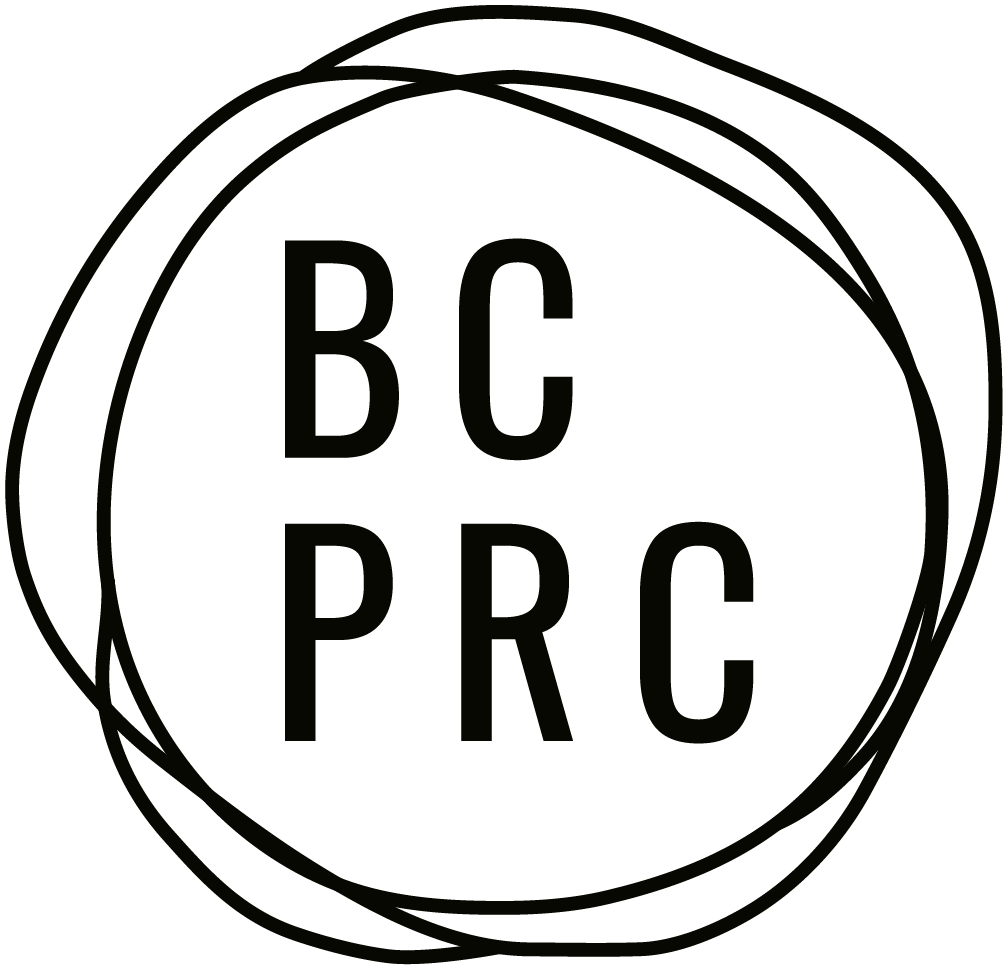Open letter: On Involuntary Treatment and Recrim
BC government: it’s time to act with urgency, address B.C.’s drug poisoning public health emergency.
Published by a collection of coalition members concerned with public health and well-being of people who use drugs
December 9, 2024
The below-signed organizations are writing to express opposition to any BC Government policy that seeks to use coercion, criminalization, or state violence to address grave health concerns that have largely occurred through decades of underfunding and neglect. We oppose government actions to re-criminalize possession, impacting the unhoused centrally and what is cynically referred to as involuntary “care.”
We are reaching out to you, as policy and decision-makers, in the spirit of collaboration to ensure that British Columbia treats all its residents with dignity and compassion.
It is clear to us, as it likely is to you, that BC is experiencing a multitude of crises, ranging from an overburdened healthcare system to surging homelessness across every major municipality and increasing unaffordability and income inequality province-wide. These crises are increasingly distancing an ever-growing number of BC residents further and further away from the thriving and healthy life they deserve. Further, a deepening political divide works to eliminate generative discourse and consensus on all but the simplest of issues. The solutions needed in such a time are not simply to help advance progressive social policy but to address long-standing historical wrongs that continuously harm and threaten Indigenous peoples, Racialized Communities, and those without economic means.
We acknowledge what an important step it was for the Government of BC to commit to a three-year exemption under the Controlled Drugs and Substances Act to decriminalize people who use drugs, which came into effect on January 31, 2023. The harms of criminalization are well known - stigma, isolation, incarceration, loss of employment potential, and drug poisoning death, to name a few. These harms are not borne equally, with Indigenous people in BC bearing a disproportionate burden of state violence. From racial profiling (carding) and disproportionate incarceration rates to the use of force and police-involved deaths, Indigenous people are, and under current policy systems will continue to be, disproportionately and uniquely targeted and harmed. Decriminalization was meant, in a small but meaningful way, to be one more ‘tool in our toolbox’ in our collective struggle for social and economic justice by placing health equity at the very centre of this policy.
As described by the Union of BC Indian Chiefs, changes to drug legislation in April “effectively recriminalizes the most marginalized people who use drugs (PWUD) – those who are unhoused and do not have access to harm reduction services – and sends a stigmatizing message that PWUD must hide out of sight, even if that means death. First Nations people are chronically and drastically overrepresented in housing insecurity, homelessness, and fatal overdoses, dying at 5.9 times the rate of other BC residents, and will be disproportionately harmed by this violent legislation.”
With the recriminalization of people who use drugs in public spaces in April, coupled with the NDP announcement to expand and invest in involuntary treatment, we see BC moving away from the evidence-based and health-focused responses we need to meaningfully address our colliding public health emergencies of homelessness and toxic drug poisonings.
Involuntary care or “secure care”
B.C has long used the Mental Health Act to involuntarily detain people, and 1 in 5 of those detained are primarily diagnosed with a substance use disorder. The re-emergence of the debate calling for legislation for what is being cynically called ‘secure care’ deflects from a serious ongoing issue in the province of B.C., namely, the severe lack of community-based voluntary options for substance use and mental health supports. We fully acknowledge that there are instances where the use of the Mental Health Act is defensible as an exceptional act to prevent imminent harm or death. However, far too often, the use of such invasive measures comes after help is sought voluntarily, often repeatedly, to no effect. Suggesting that specific legislation is needed to ‘help’ those unable to help themselves is disingenuous as it obscures years of government neglect to offer critical community-based options.
A recent Fact Sheet produced by Health Justice highlights a 2024 peer-reviewed analysis which found that “substance use disorder represents the largest growing diagnosis type treated under the Mental Health Act over the time period of 2007/2008 to 2017/2018 with a 139% increase.” (pg.260) To make matters worse, the combination of the housing crisis and toxic drug crisis has exasperated access to publicly funded treatment facilities by both increasing wait times and making accessing voluntary treatment nearly impossible for the unhoused. Without access to stable housing upon leaving treatment, treatment providers will refuse to admit would-be participants, citing insufficient community support, and thus remove those seeking help from the waitlist. Through the combination of the toxic drug crisis and the housing crisis, the very people at the centre of the debate on involuntary care legislation are caught in an impossible bind of seeking voluntary services that either do not exist or are inaccessible to those most in need of them. Until we seriously address the lack of affordable housing and provide community-based voluntary services that truly meet the needs of people, supporting involuntary treatment legislation is irresponsible, at best.
Instead of relying on carceral involuntary treatment, we must address this crisis through meaningful health-centred policy in two chief ways:
1. By advancing health equity in our acute care settings.
This goal stems from the knowledge that, without ready access to primary health care, many BC residents rely on emergency rooms to provide this basic level of care. For many, however, our acute care facilities are not a welcoming, culturally safe space, and, if not actively avoided, can cause would-be patients to experience fear and dread at the thought of attending one. Keeping people who are often most in need of the sophisticated health services of an acute care hospital there long enough to benefit from these services is often daunting at best. Through decriminalization, including proactive public education and enhanced health and social community supports, people in need of life-saving care are meant to be welcomed and treated with dignity in acute care settings.
2. By acknowledging existing gaps in our continuum of care.
Most communities do not currently have adequate access to overdose prevention services/supervised consumption sites. Until such time that sufficient access exists, it is in the best interest of people who use drugs who are also homeless not to be displaced from the locations where they find relative safety. Doing so only promotes covert and isolated use, which is a significant risk for drug poisoning death, given the volatility and unpredictability of the unregulated drug supply. The current rate of drug-related deaths in BC necessitates prioritizing the prevention of overdoses.
As described by the BC Human Rights Commissioner in their recent Rights in Focus report, while people of many different backgrounds have been affected by this crisis, some people are at increased risk due to a lack of affordable housing, inadequate social supports and major gaps in health services including mental health care and care for people living with chronic pain. Barriers, including access and limited trust in health care providers, limited clinician uptake, adequacy of both potency and route of administration of the prescribed alternative have resulted in fewer than 4,500 people receiving a prescribed alternative, down from a peak of about 5,200 in March 2023.
Of particular concern is the lack of appropriate and culturally relevant care for First Nations, Metis, and Inuit peoples who use drugs and often experience over-policing. The BC First Nations Justice Council has asserted that “the toxic drug crisis needs to be treated and addressed as a public health issue, not a criminal justice issue. The criminal justice system is not the solution to a problem that, instead, needs to be addressed through healing.”
We call on the next government to set aside the rhetoric and participate in generative discourse that is rights-based and reflects the urgency of B.C.’s eight-year public health emergency of drug poisonings.
More specifically, we call on the B.C. government to:
● Revoke recent changes that re-criminalised drug users who are facing the worst experiences of the housing crisis;
● Through the Attorney General mandate, undertake decriminalization of drug possession and use seriously through properly funding harm reduction sites, including safe inhalation sites, public health education about drug use, and access to regulated alternatives;
● Ensure the availability of accessible, supportive housing with wrap-around care and tenancy rights for those leaving treatment so people are not discharged into homelessness;
● Through the Ministry of Health and the PS for Mental Health and Addictions mandates, meaningfully address the structural challenges faced by our public healthcare system to ensure both healthcare staff and patients who use drugs experience safety; and
● Provide support for more withdrawal management, evidence-based treatment, support and long-term follow-up service on demand.
Only by listening to the expertise of people most affected by these policies, following the evidence, and adhering to an ethical standard that prioritizes justice and equity can we find meaningful solutions to B.C.’s complex and overlapping crises. The solutions may be challenging, and they certainly aren’t easy to package into simple slogans, but they are worth it–just as every life in B.C. is worth saving.
Signed,
BC Poverty Reduction Coalition
BC Health Coalition
West Coast LEAF
Prisoner Legal Services
Homelessness Services Association of BC
Disability Alliance BC
BC Association of Social Workers
CUPE 5536 Harm Reduction Workers
Pacific AIDS Network
New Westminster and District Labour Council
Together Against Poverty Society


